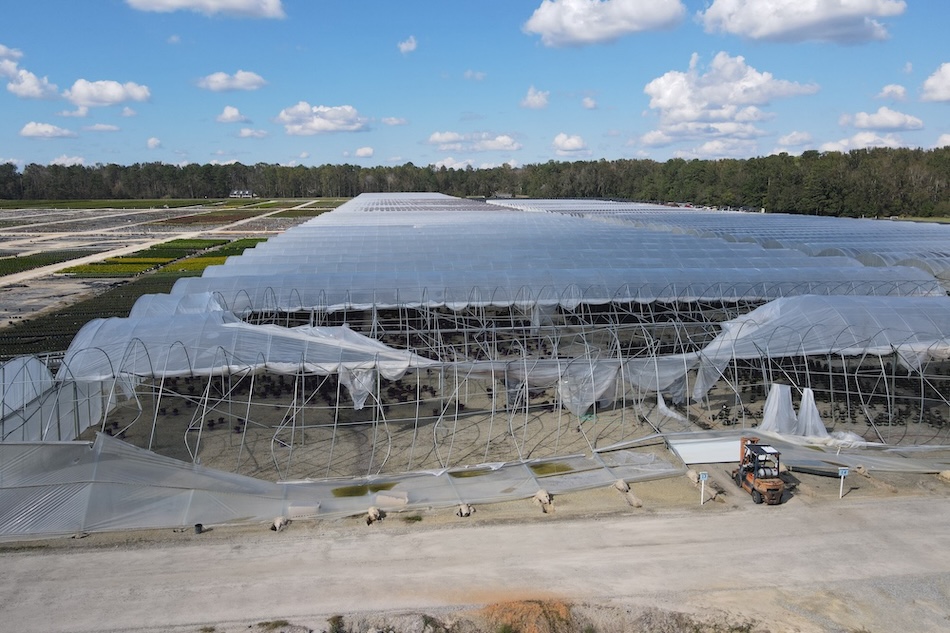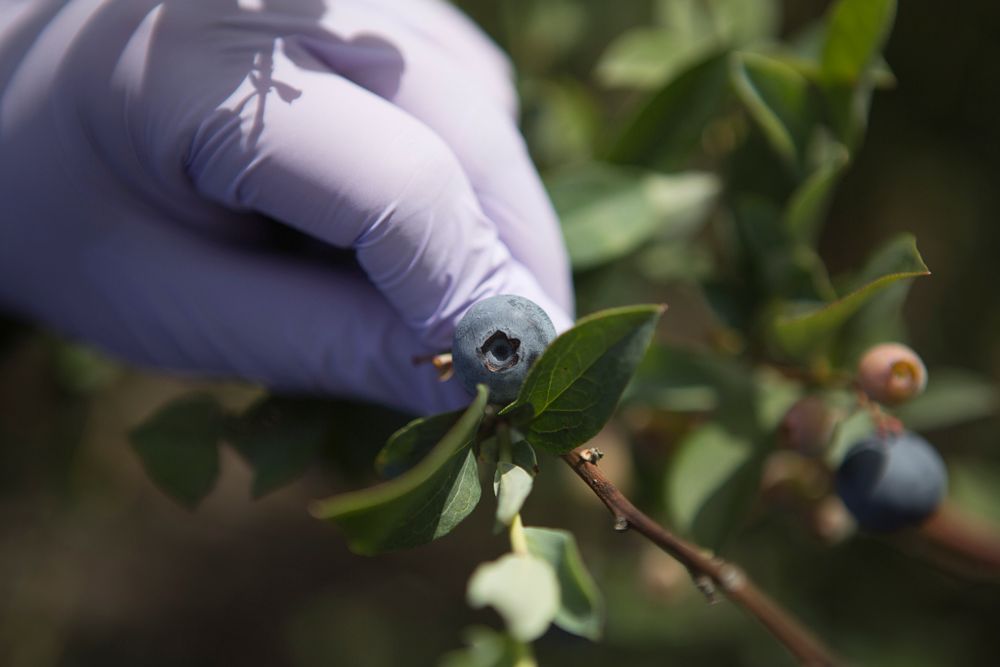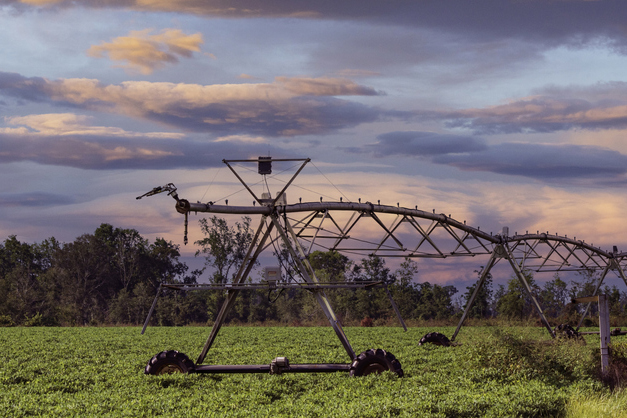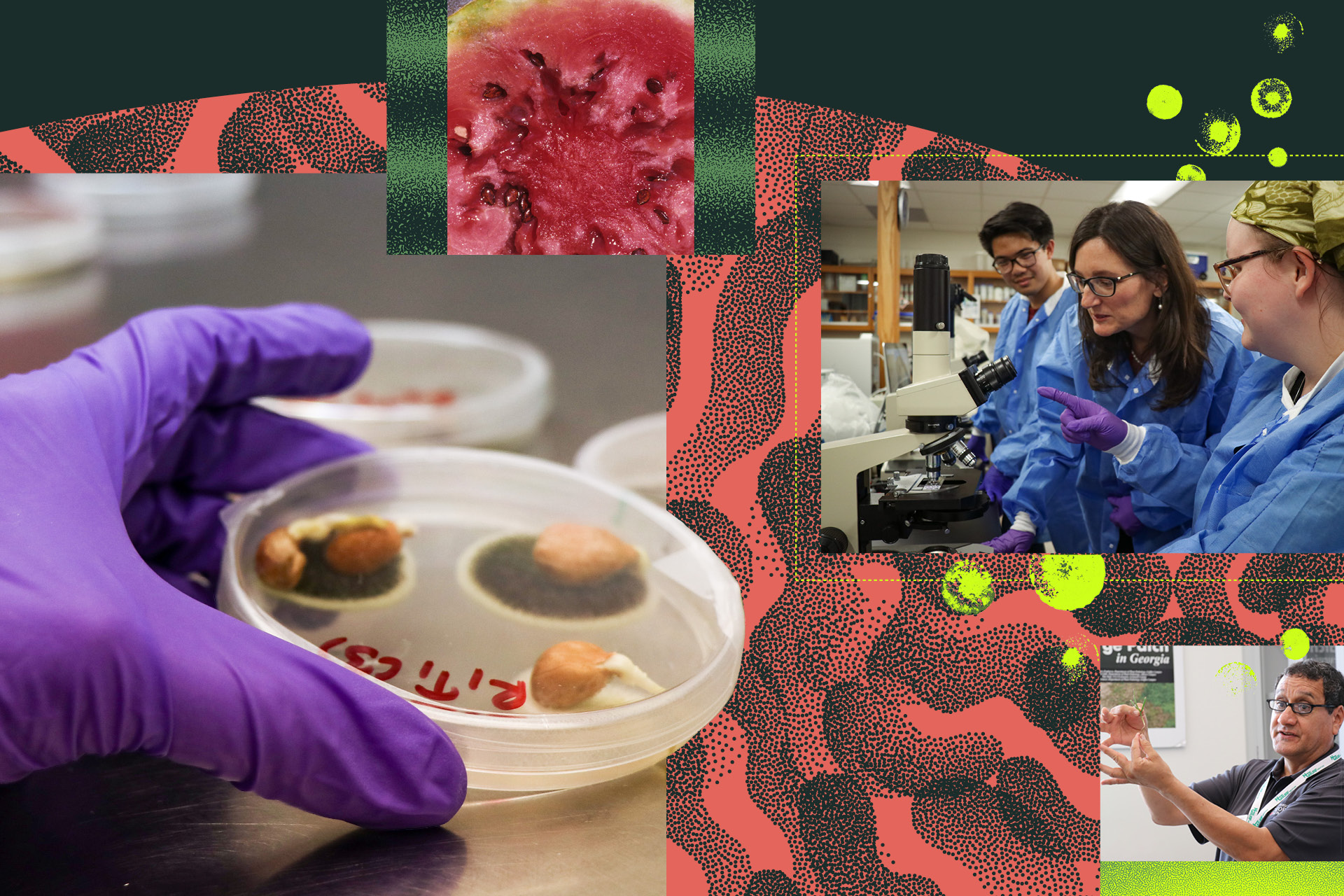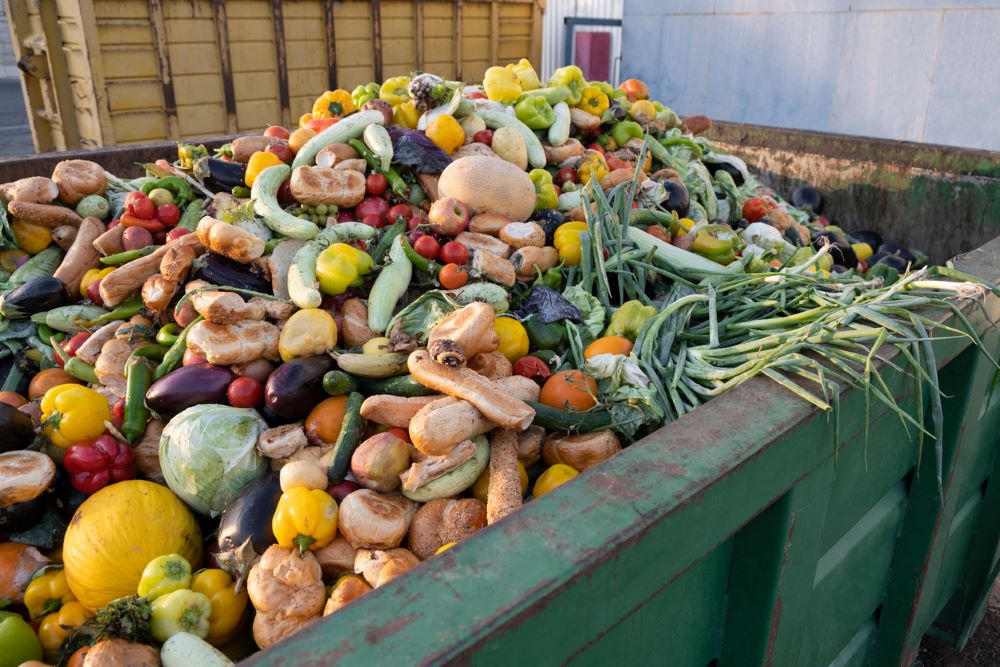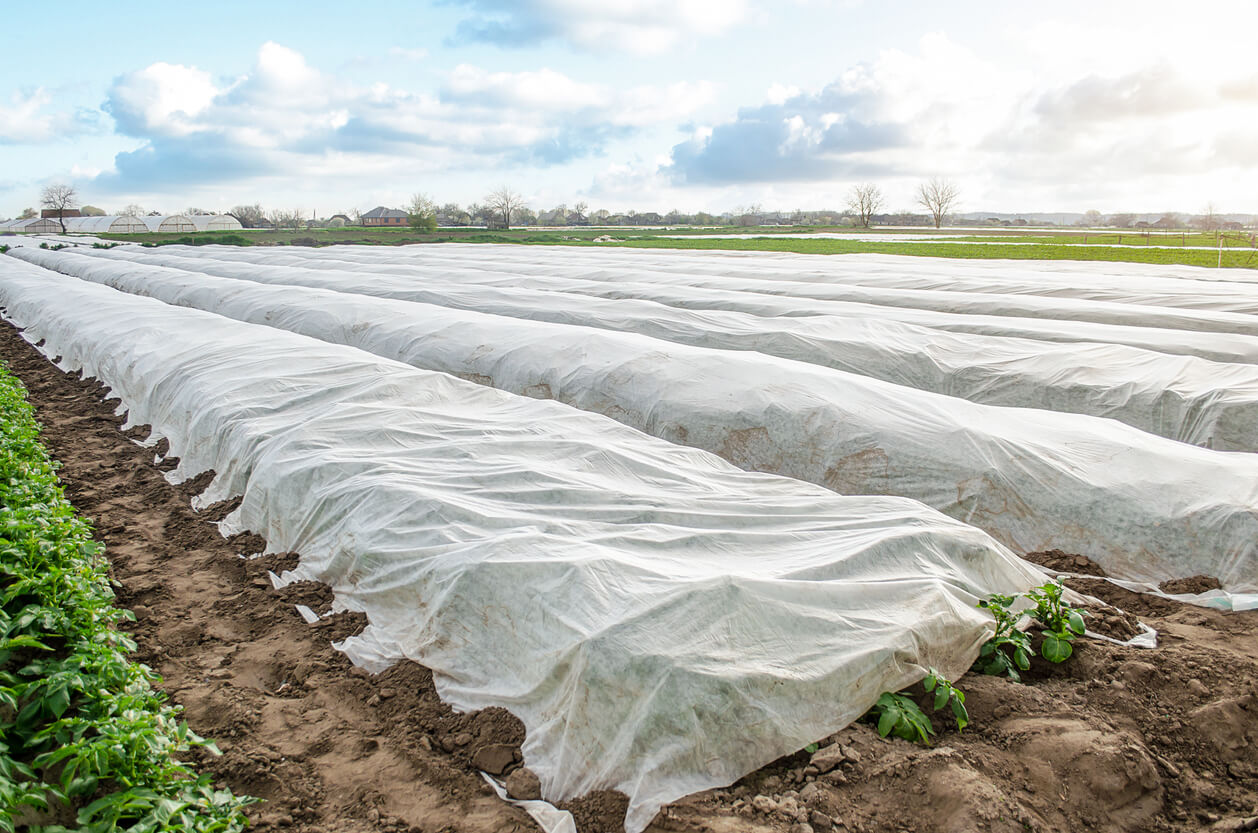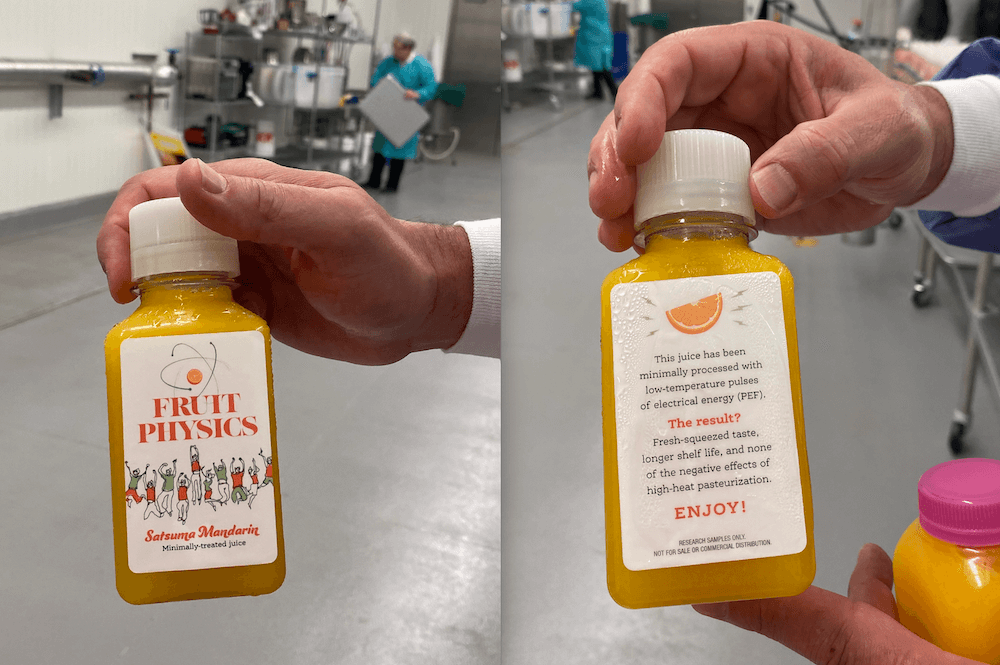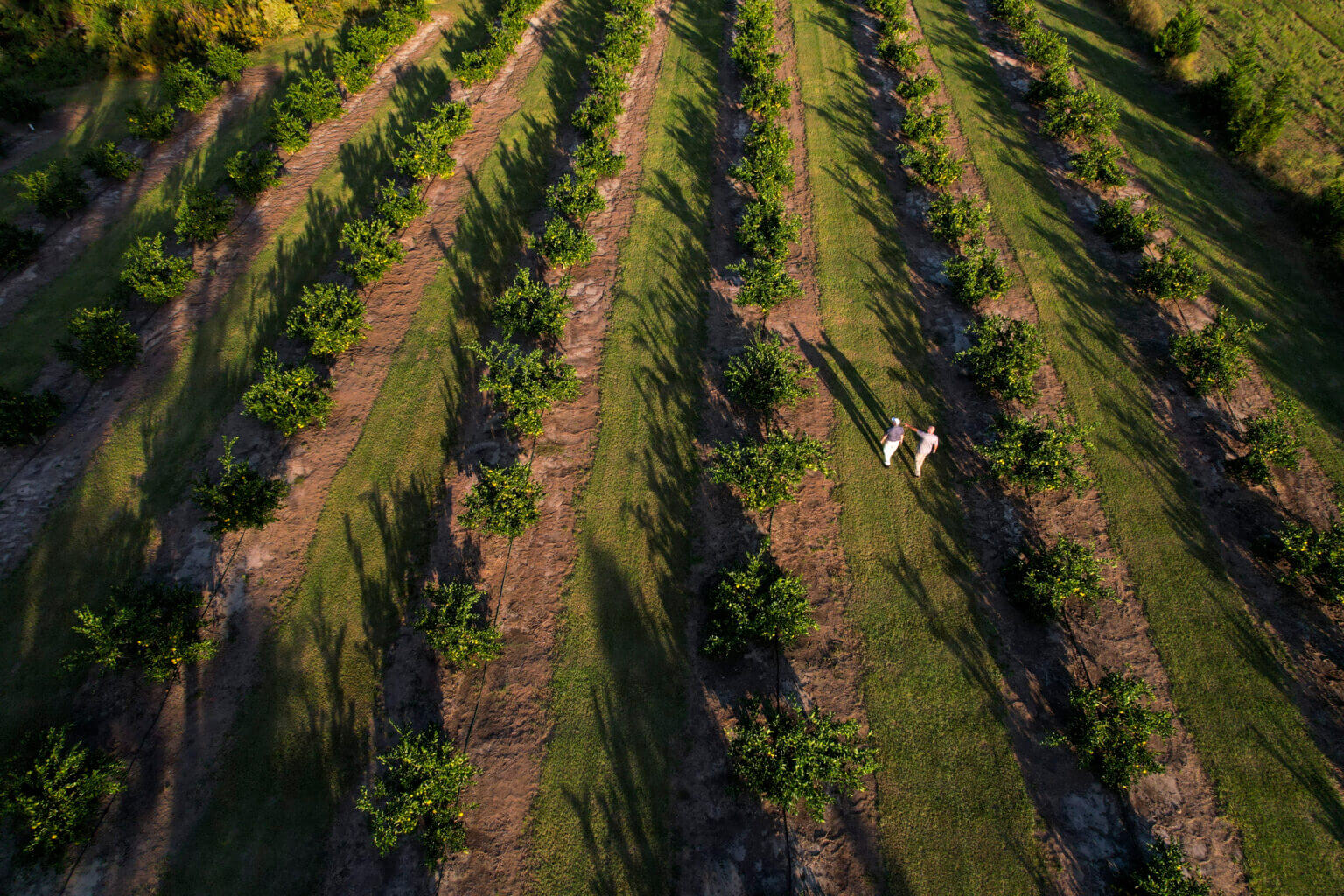 CAES News
CAES News
PSO Awards
Five University of Georgia faculty and staff members are being honored for their commitment to public service and outreach. Phillip Brannen, professor and UGA Cooperative Extension specialist in the plant pathology department in the College of Agricultural and Environmental Sciences, has been named a Walter Barnard Hill Fellow for Distinguished Achievement in Public Service and Outreach. Jacob Price, a senior public service associate and Lowndes County Extension coordinator, received the Walter Barnard Hill Award.

